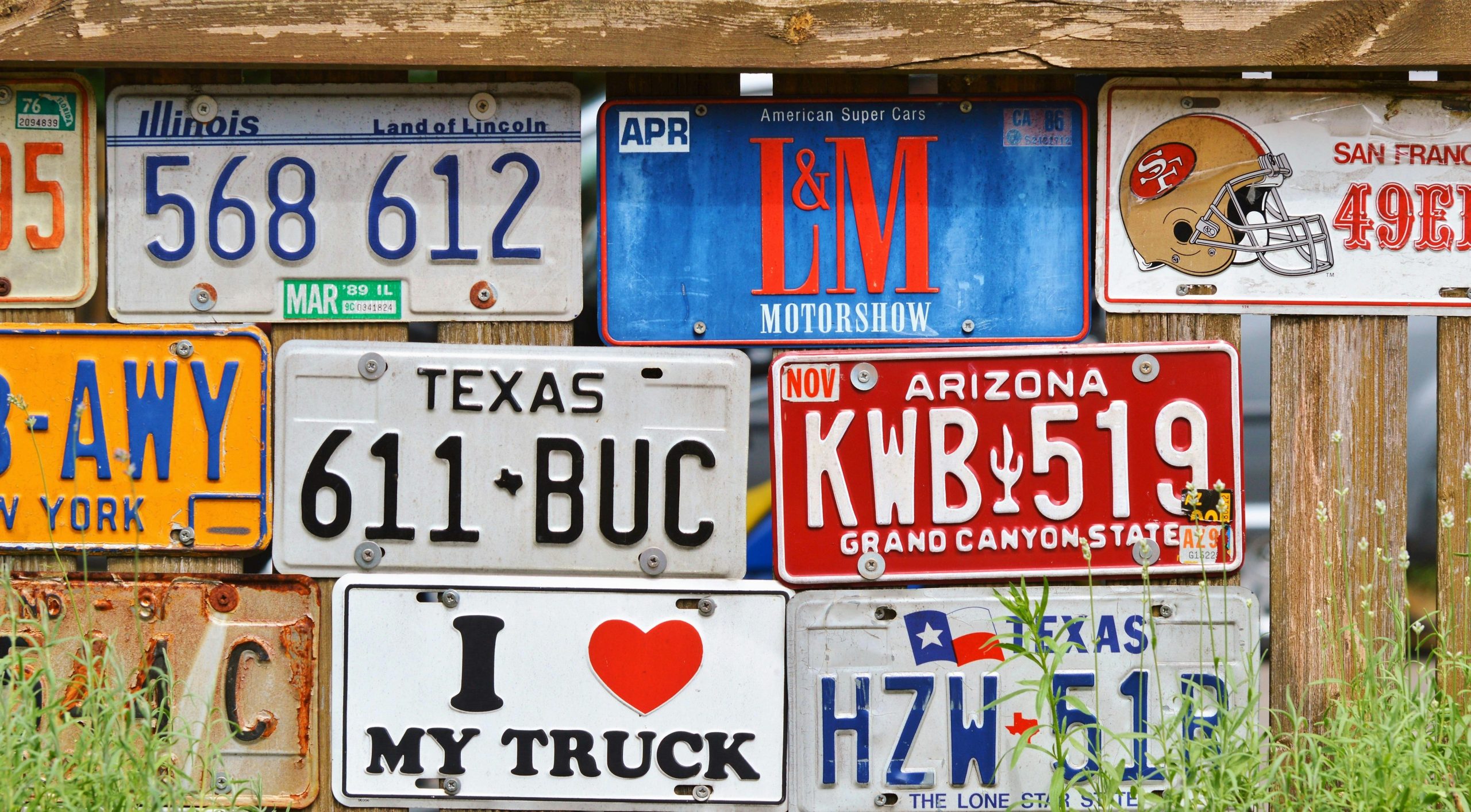Delayed Travel Insurance Claim Finally Paid?
I’m not sure if this is the right place for this, but I have a peculiar experience with my credit card travel insurance that I wanted to share. My wife and I were all set to attend a wedding, but a few days before our departure, she tested positive for COVID. I filed a claim for our nonrefundable hotel reservation, but after a couple of weeks with no updates, I called customer service. They informed me that a signed doctor’s note was required to prove we were unable to travel. However, since we weren’t actually unable to travel, I decided to drop the issue.
To my surprise, not long after that, I received a notice stating that the claim was being approved and paid out.
The only explanation I can think of is that because the claim amount was relatively low, they made the decision to pay it anyway, possibly for the sake of maintaining good metrics.
Is this common? Looking back, it doesn’t make much sense for them to approve the claim if they weren’t obligated to, especially since my dissatisfaction with the credit card was growing. Maybe it was just a courtesy gesture? I’d love to hear thoughts from anyone who has experienced something similar and how travel insurance claims typically work. I’m trying to gauge how much I should trust this credit card moving forward.




It sounds like you had a frustrating experience with your travel insurance claim! What you described can happen sometimes in the insurance industry. Sometimes companies opt to pay smaller claims even if they technically don’t meet all the requirements, simply to maintain customer satisfaction or improve their metrics. It’s possible they recognized the circumstances and chose to prioritize customer relations, especially if you’re a valued customer who spends a significant amount on the card.
Additionally, they may have reconsidered your claim once they reviewed the details more thoroughly or after some time passed. It’s also worth noting that different insurers have different thresholds for when they decide to pay out, and some may take mitigating circumstances like a pandemic into account.
That being said, while it’s good that they ultimately covered your claim, it’s understandable to feel hesitant about fully trusting the insurance moving forward, especially since the initial information you received was misleading. If you still have concerns, consider reaching out to them for clarity on their claims process and how they handle exceptions. Keeping open lines of communication can help rebuild your trust in their service.